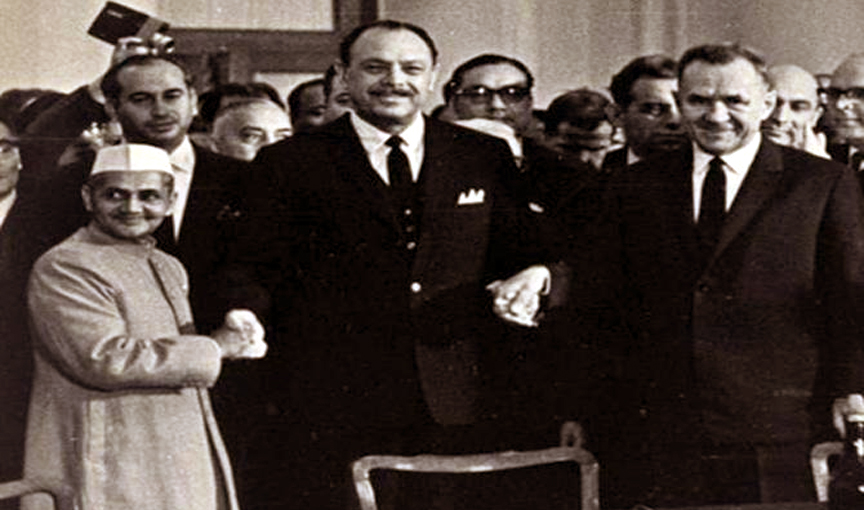
January 11 holds a significant place in history, marked by two events that continue to spark reflection and intrigue.
In 1966, India’s second Prime Minister, Lal Bahadur Shastri, passed away under mysterious circumstances in Tashkent, Uzbekistan, hours after signing the Tashkent Agreement to end the Indo-Pak War of 1965. Shastri, a leader known for his simplicity and integrity, was celebrated for coining the iconic slogan, “Jai Jawan, Jai Kisan.” His untimely death raised suspicions of foul play, with calls for a deeper investigation persisting to this day. The enigma surrounding his demise remains one of modern India’s unresolved mysteries, overshadowing the diplomatic triumph he achieved in Tashkent.
Centuries earlier, January 11 was marked by a monumental decision made by Mughal Emperor Jahangir. Known for his commitment to justice, Jahangir symbolized his dedication by installing the famous “Chain of Justice” outside his palace. This chain allowed any aggrieved person to bypass court officials and appeal directly to the emperor. It stood as a testament to his belief in fair governance, earning him the admiration of his subjects.
From the mystery of Shastri’s passing to Jahangir’s pursuit of justice, January 11 serves as a reminder of leadership’s complexities and its enduring impact on history.
